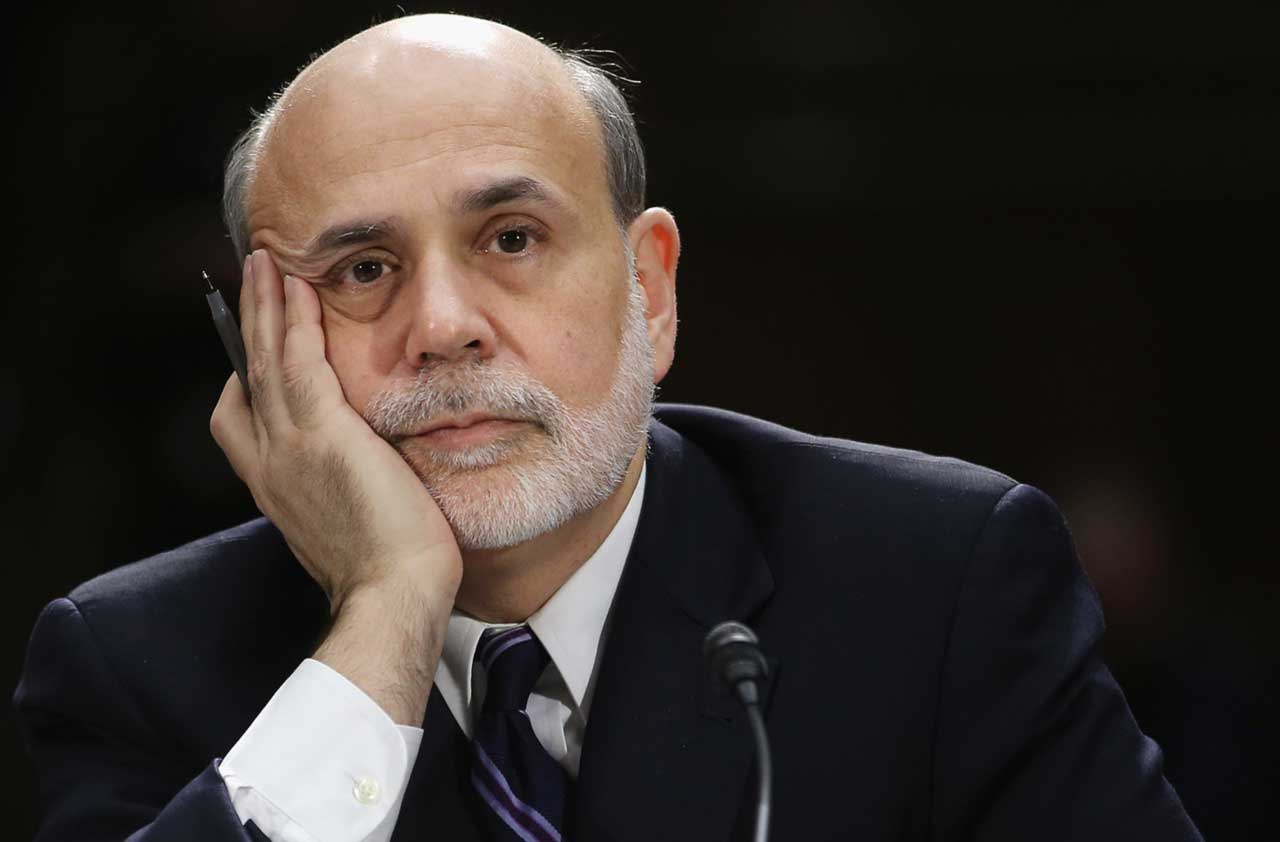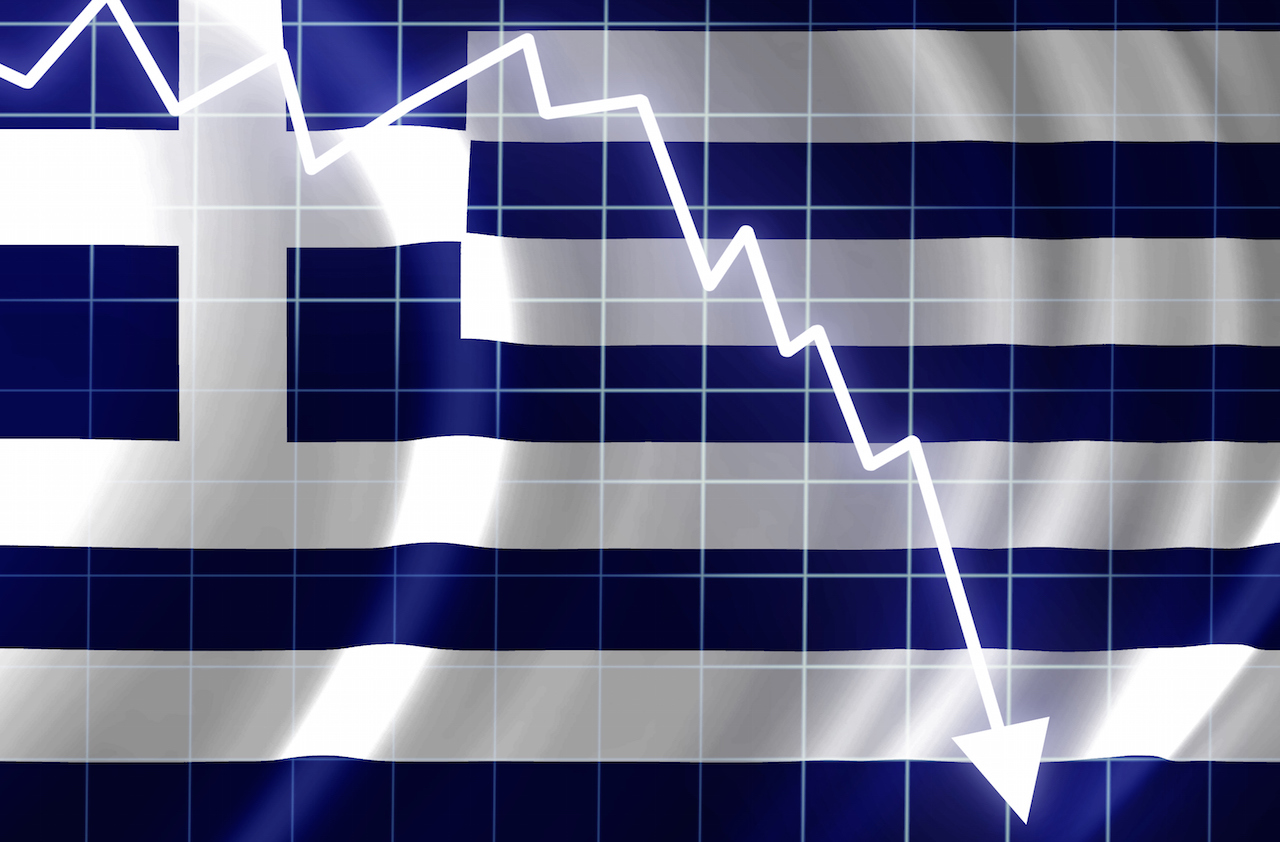Scoop Up Dividends
The evidence is overwhelming that dividend-paying stocks are still your best long-term bet.

Profit and prosper with the best of Kiplinger's advice on investing, taxes, retirement, personal finance and much more. Delivered daily. Enter your email in the box and click Sign Me Up.
You are now subscribed
Your newsletter sign-up was successful
Want to add more newsletters?

Delivered daily
Kiplinger Today
Profit and prosper with the best of Kiplinger's advice on investing, taxes, retirement, personal finance and much more delivered daily. Smart money moves start here.

Sent five days a week
Kiplinger A Step Ahead
Get practical help to make better financial decisions in your everyday life, from spending to savings on top deals.

Delivered daily
Kiplinger Closing Bell
Get today's biggest financial and investing headlines delivered to your inbox every day the U.S. stock market is open.

Sent twice a week
Kiplinger Adviser Intel
Financial pros across the country share best practices and fresh tactics to preserve and grow your wealth.

Delivered weekly
Kiplinger Tax Tips
Trim your federal and state tax bills with practical tax-planning and tax-cutting strategies.

Sent twice a week
Kiplinger Retirement Tips
Your twice-a-week guide to planning and enjoying a financially secure and richly rewarding retirement

Sent bimonthly.
Kiplinger Adviser Angle
Insights for advisers, wealth managers and other financial professionals.

Sent twice a week
Kiplinger Investing Weekly
Your twice-a-week roundup of promising stocks, funds, companies and industries you should consider, ones you should avoid, and why.

Sent weekly for six weeks
Kiplinger Invest for Retirement
Your step-by-step six-part series on how to invest for retirement, from devising a successful strategy to exactly which investments to choose.
The past year was a tough one for stocks that pay dividends. Through the first 11 months of 2009, non-dividend-paying stocks in Standard & Poor’s 500-stock index left dividend payers in the dust. What’s more, a record 78 companies in the index either reduced or suspended their dividends.
Nevertheless, the evidence is overwhelming that dividend-paying stocks are still your best long-term investment. Through the years, diversified portfolios of stocks that pay dividends have not only beaten those that don’t, but they have also handily outperformed the S&P 500.
Here’s an illustration of how dominant dividend payers have been over the long run. Starting with January 1, 1957, I sorted the index’s 500 firms by their dividend yield, going from highest to lowest. Then I recorded the return on the top 100 dividend yielders versus the bottom 100 and repeated this exercise for every year.
From just $107.88 $24.99 for Kiplinger Personal Finance
Become a smarter, better informed investor. Subscribe from just $107.88 $24.99, plus get up to 4 Special Issues

Sign up for Kiplinger’s Free Newsletters
Profit and prosper with the best of expert advice on investing, taxes, retirement, personal finance and more - straight to your e-mail.
Profit and prosper with the best of expert advice - straight to your e-mail.
The top dividend yielders are hands-down winners. If an investor had put $1,000 in a portfolio of the 100 highest-yielding stocks on January 1, 1957, by December 1, 2009, he would have accumulated more than $450,000 (assuming all dividends were reinvested). That’s a hefty annualized return of 12.5%, an average of almost 2.5 percentage points per year greater than the return on the S&P index. That same $1,000 invested in the 100 lowest-yielding stocks returned only 8.8% per year.
Depressed dividends. There’s no doubt that we have just experienced a dividend depression. For 2007, at the height of the bull market, the dividend stream -- total dividends paid on all U.S. stocks -- was $288 billion. For 2009 through November, the dividend stream had dropped to $216 billion -- the greatest decline in that measure since the end of World War II. Yet the entire decline in dividends can be attributed to the financial sector, which cut its total payouts by $79 billion over the past two years. (I’m including General Electric because GE’s dividend reduction was caused solely by the losses at GE Capital.) In other sectors of the economy -- energy, health care, technology, consumer discretionary, consumer staples, telecom -- dividends have actually risen over the past two years, even with the recession.
In early December, the S&P 500 yielded 2.0%. Although this is about one percentage point less than the interest rate on ten-year Treasury bonds, dividend payers have some decided advantages over Treasuries. For one thing, except in the midst of recessions, dividends tend to increase over time while coupons on government bonds remain constant. Two years ago, before the recession began, almost 300 companies, or 60% of those in the S&P index, raised their dividends. Even in the recession year of 2009, 148 firms in the S&P 500 increased their payouts.
A second advantage is that dividends have kept up with inflation. Standard Treasury bonds have no adjustment for inflation, and those that do, such as Treasury inflation-protected securities, offer real yields of just over 1%, about half the dividend yield on stocks.
Finally, dividends are tax-preferred compared with Treasury bonds. And they will probably remain so even if the tax rate on capital gains and dividends rises from the current maximum, 15%, to 20%, a proposal that’s being floated by the Obama administration.
Given that so many dividend-paying companies reduced or suspended their distributions during the recession, picking individual stocks can be risky. It’s safer to choose a diversified mutual fund or exchange-traded fund that includes an international component because dividend yields of overseas companies are higher than those of U.S. firms. In any case, don’t let the recent stumbles among dividend-paying stocks scare you away from a strategy with a proven long-term record.
Columnist Jeremy J. Siegel is a professor at the University of Pennsylvania’s Wharton School and the author of Stocks for the Long Run and The Future for Investors.
Profit and prosper with the best of Kiplinger's advice on investing, taxes, retirement, personal finance and much more. Delivered daily. Enter your email in the box and click Sign Me Up.

-
 Dow Adds 1,206 Points to Top 50,000: Stock Market Today
Dow Adds 1,206 Points to Top 50,000: Stock Market TodayThe S&P 500 and Nasdaq also had strong finishes to a volatile week, with beaten-down tech stocks outperforming.
-
 Ask the Tax Editor: Federal Income Tax Deductions
Ask the Tax Editor: Federal Income Tax DeductionsAsk the Editor In this week's Ask the Editor Q&A, Joy Taylor answers questions on federal income tax deductions
-
 States With No-Fault Car Insurance Laws (and How No-Fault Car Insurance Works)
States With No-Fault Car Insurance Laws (and How No-Fault Car Insurance Works)A breakdown of the confusing rules around no-fault car insurance in every state where it exists.
-
 A Preview of the Fed Under Trump
A Preview of the Fed Under TrumpEconomic Forecasts John Taylor, a former Treasury official in the Bush administration, is a top candidate to replace Fed chair Janet Yellen.
-
 Investors, Don't Fear Higher Rates
Investors, Don't Fear Higher Ratesinvesting Although interest rates will rise modestly in coming months, that should not derail the bull market.
-
 Why Investors Shouldn't Be Afraid of Inflation
Why Investors Shouldn't Be Afraid of InflationEconomic Forecasts An inflation rate of 2% to 3% is good for stocks because it gives companies the power to raise prices, which helps boost profits.
-
 A Positive Outlook for U.S. Interest Rates
A Positive Outlook for U.S. Interest RatesEconomic Forecasts Instead of the threat of deflation from weak growth and falling prices, the U.S. is facing the opposite: accelerating inflation.
-
 Can the Fed Save the Stock Market?
Can the Fed Save the Stock Market?Markets In retrospect, it was ill-timed for the Federal Reserve to start hiking short-term interest rates. But that can easily be fixed.
-
 Bernanke's Ultimate Legacy
Bernanke's Ultimate Legacyinvesting The former Fed chairman's decisions in 2008 were an act of courage that averted an economic collapse far worse than we experienced.
-
 Worries About China’s Economy Are Overblown
Worries About China’s Economy Are OverblownEconomic Forecasts Among the consequences of China's slowdown: lower commodity prices, which actually benefit the U.S.
-
 Surviving the Greek Financial Crisis
Surviving the Greek Financial CrisisEconomic Forecasts Despite the recent friction, I believe the eurozone is stronger after putting down the Greek rebellion.